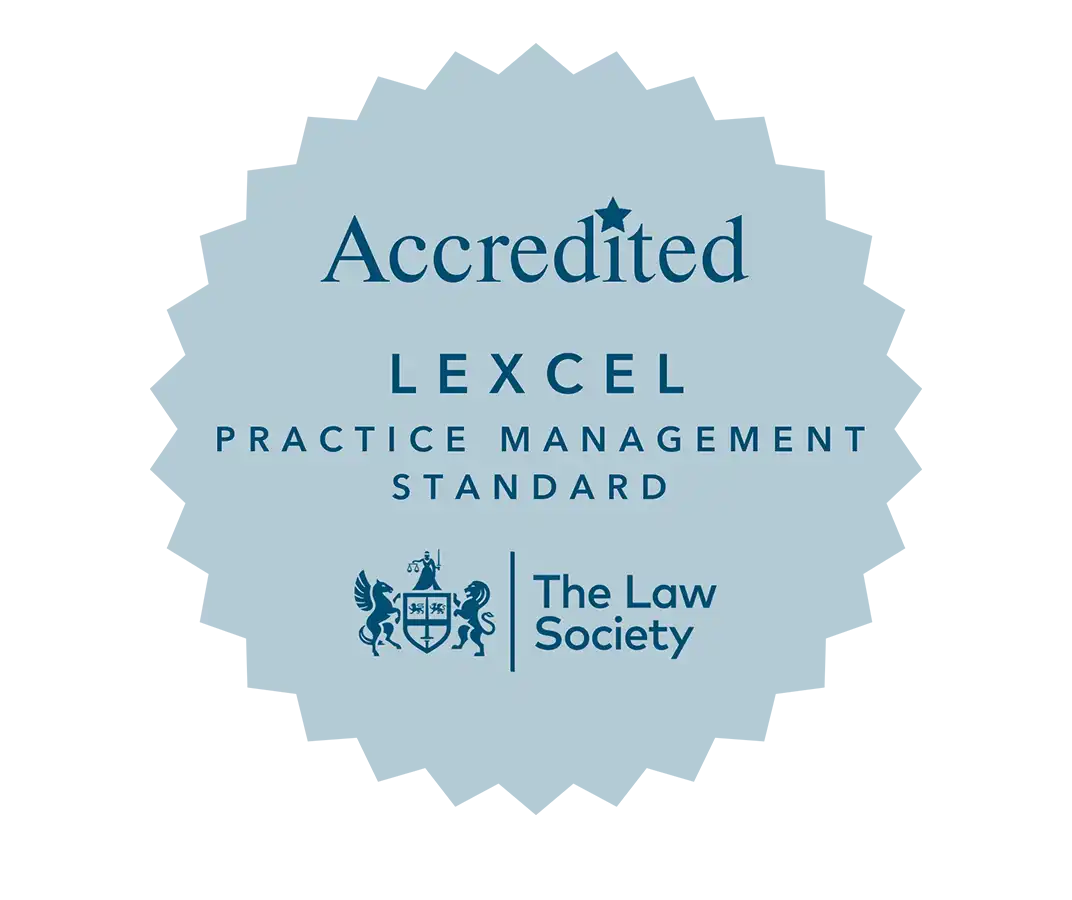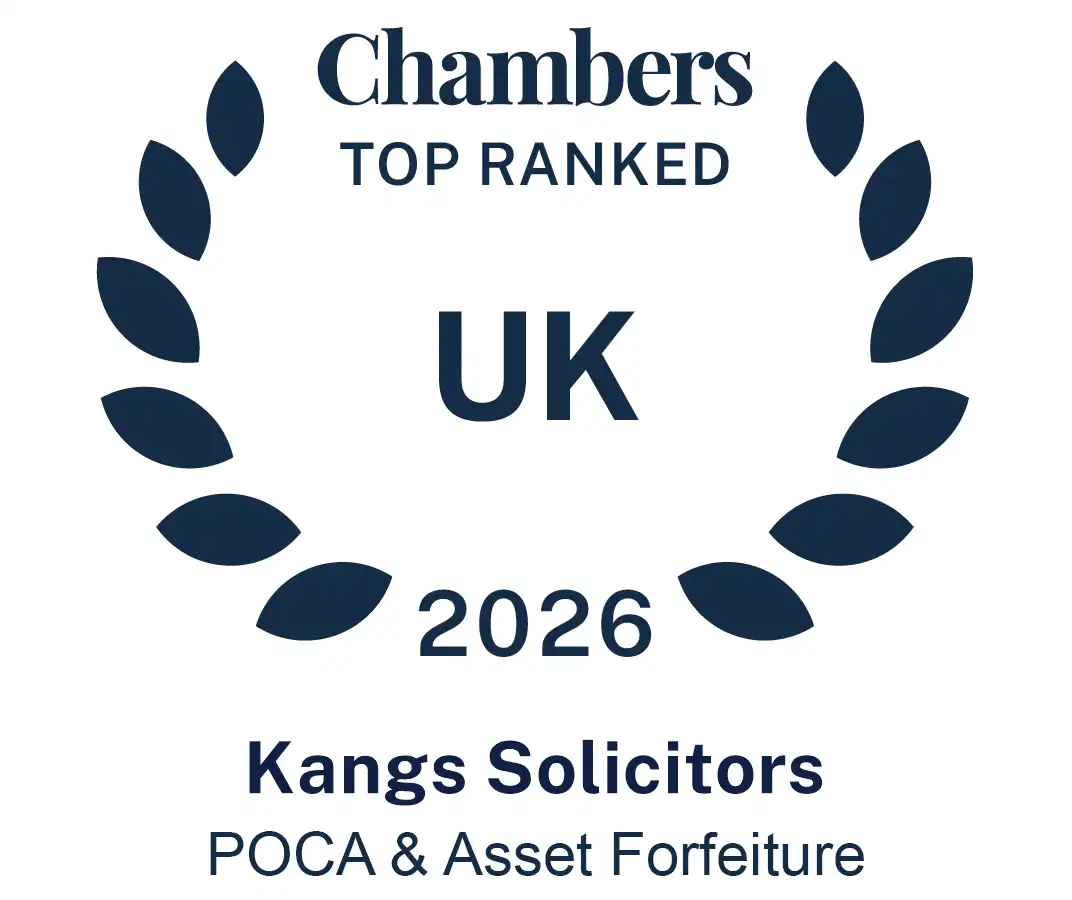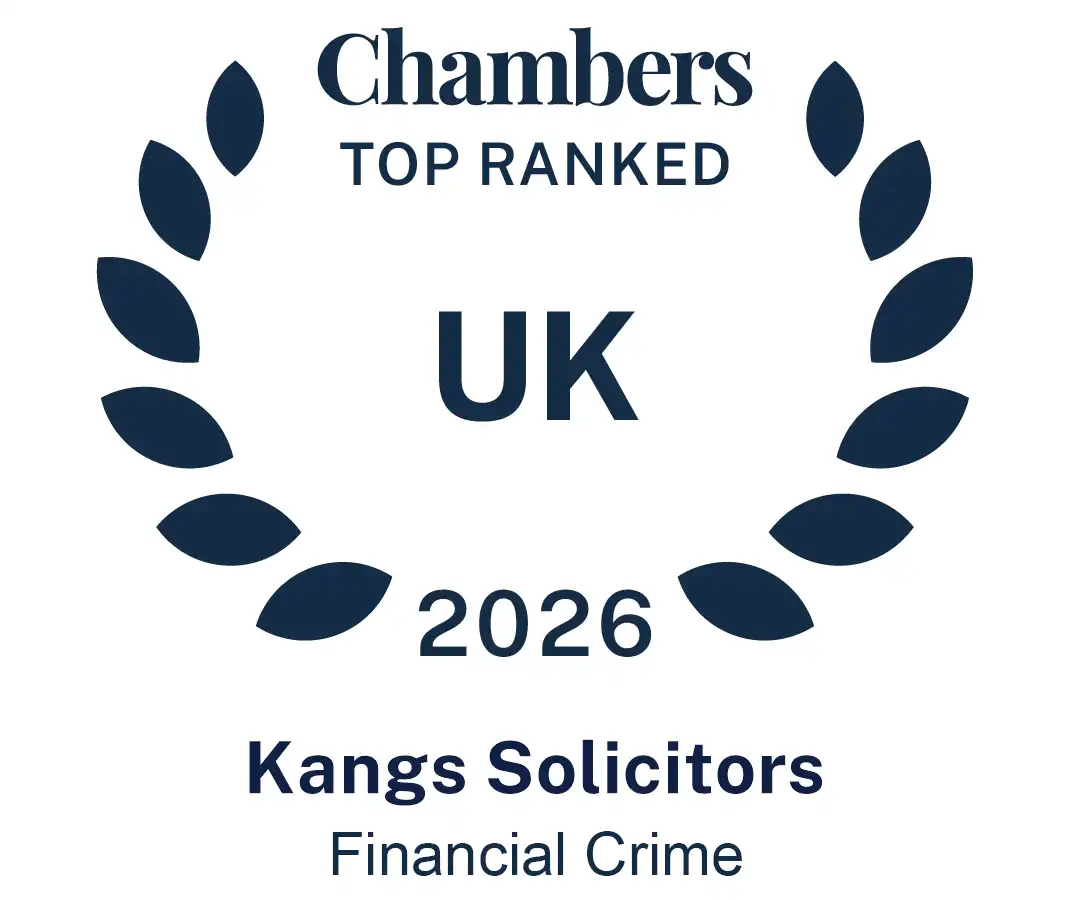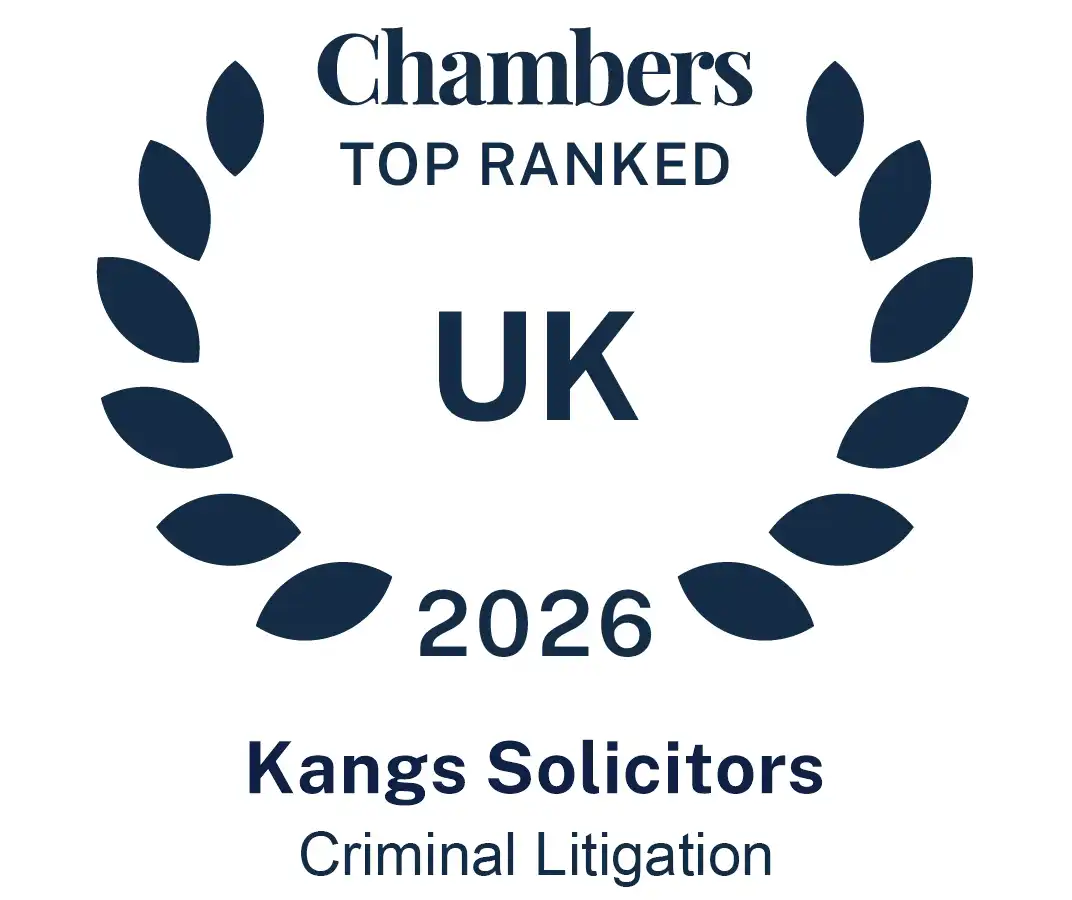Intellectual Property Enterprise Court (IPEC)
Resolving IP Disputes in the IPEC with Confidence
The IPEC presents a specialised forum for SMEs to resolve IP disputes without the significant concern that costs will become disproportionate. It addresses all matters relating to Intellectual Property disputes including:
- Registered Trade Marks
- Patents
- Copyright
- Registered Designs
Other relevant quasi–Intellectual Property matters (such as breach of confidentiality, plant variety disputes, database infringement and image rights disputes).
Whilst the IPEC is the leading Court for dealing with Intellectual Property disputes, if the damages being claimed by a party is less than £500,000 then it is possible for the matter to be dealt with by the Patents Court or restricted to the Chancery division of the Court.
Whilst the IPEC has a costs cap (detailed in FAQs below), in circumstances where the damages for the Intellectual Property dispute are likely to be £10,000 or less, the IPEC has introduced a ‘Small Claims Track’. This operates in the same manner to the general small claims track, making it suitable for parties to represent themselves without incurring ‘costs after the event’, apart from fixed costs.
Resolving Intellectual Property cases through the IPEC offers distinct advantages. However, it is crucial to possess the relevant knowledge and expertise in this specialised and complex area of law. The team at KANGS has a proven history of bringing and defending cases in the Patents Court and the IPEC. Contact us to arrange a consultation, where we can provide confidential and valuable legal guidance.
For further information regarding IPEC, please see our Frequently Asked Questions.
Testimonials
Got a question?
Contact KANGS
The expert lawyers at Kangs are available to assist you. We can arrange initial consultations in person, by video call or telephone.
Please contact one of our experts listed below or contact us at:
What is the Purpose of the IPEC?
Intellectual Property has long been recognised for its value to businesses, irrespective of the size of the business. However, due to the adversarial nature of the Court process in England and Wales and the key principle of ‘costs after the event’, the successful party is able to recover their reasonable legal fees from the losing party.
It was recognised that large national and multi-national businesses, whether bringing or defending the dispute, would be able to ‘bully’ an SME by the sheer fact that they could ‘outspend’ their opponent and not have the same cost implications concerns of an SME. Hence, the IPEC was born.
It originally started as the Patents County Court and since its inception, it has been presided over by four Judges, HHJ Peter Ford, HHJ Michael Fysh KC SC, Lord Justice Colin Birss KC as he is now, and its current presiding Judge, HHJ Richard Hacon.
What are the key features and governance of Intellectual Property disputes?
As Intellectual Property disputes are ‘civil’ disputes, they are governed by the Civil Procedure Rules, but they have a specific part under the Civil Procedure Rules – Part 63 (along with its Practice Direction). The IPEC will deal with ‘simpler and smaller claims’ for example, ones that are seeking £500,000.00 and less in damages.
The Judges in the IPEC proactively manage the case. At the first Costs and Case Management (CCMC) hearing, the Judge will provide all dates for the directions to be complied with and once those dates are set, they are difficult to vary. The purpose of this ‘rigidness’ is to enable that Intellectual Property disputes are dealt with in a timely manner as the IPEC seeks to have matters resolved within a year. The IPEC does not typically deal with disputes that require a trial longer than two days.
A party litigating in the IPEC, when preparing their statement of case, is required to provide detailed factual and legal arguments at the onset and there is usually very little scope to amend a statement of case. Additionally, and in contrast to other divisions within the Court, the position on disclosure is that there is no automatic disclosure of documents unless ordered by the Court. The disclosure that is permitted is usually restricted to ‘adverse documents’. Witness Statements are deliberately limited to key facts as well as a restricted page count.
What is the IPEC cost cap?
One of the other key governance provisions of the IPEC is the ‘costs cap’ that the IPEC imposes.
The sums that are permitted are inclusive of VAT and are the maximum that the IPEC is prepared to permit a party to recover, in the event that they are successful at trial. The rationale for the costs cap is to encourage Intellectual Property Rights holders to pursue protection of their Intellectual Property Rights, through the Court, without the concern of facing exorbitant opposition legal fees if they are unsuccessful at trial, and to ensure that everyone has the ability to access the Court system.
The recoverable cost cap now stands at £60,000 for a determination on liability and £30,000 for a determination on quantum.
The recoverable costs usually follow the table below. These fees are based on what the court normally views as ‘reasonable cost recovery’. This does not mean that it is the sum that a lawyer may charge a client as the difference is known as ‘Solicitor-Client costs.’
**The Fees set out below are not inclusive of the payable Court fees. Those fees are entirely separate**
| Stage of a Claim | Maximum Amount of Costs |
| Particulars of Claim | £9,000.00 |
| Defence (and counterclaim) | £8,000.00 |
| Reply to Defence and Counterclaim | £7,000.00 |
| Reply to Defence and Counterclaim | £3,500.00 |
| Attendance at a Costs and Case Management Conference | £6,000.00 |
| Making / Responding to an interim application | £4,000.00 |
| Providing or inspecting disclosure or product/process description | £6,000.00 |
| Performing or inspecting experiments | £3,000.00 |
| Preparing Witness Statements | £8,000.00 |
| Preparing Expert’s Report | £9,000.00 |
| Preparing for and attending trial and Judgment | £20,000.00 |
| Preparing for determination on the papers | £5,500.00 |
| Total which the Court will award for a determination on liability | £60,000.00 |
Inquiry as to damages or account of profits:
| Stage of a Claim: | Maximum Amount of Costs |
| Points of Claim | £4,000.00 |
| Points of Defence | £4,000.00 |
| Attendance at a Case Management Conference | £5,000.00 |
| Making or responding to an application | £3,000.00 |
| Providing or inspecting disclosure | £3,000.00 |
| Preparing Witness Statements | £6,000.00 |
| Preparing Expert’s Report | £7,000.00 |
| Preparing for and attending trial and Judgment | £10,000.00 |
| Preparing for determination on the papers | £3,000.00 |
| Total that the Court will award on determination of damages | £30,000.00 |
What expenses can be recovered?
In addition to the disbursements and the costs cap on legal fees that may be recoverable, it is possible for additional sums to be recovered, if they have been reasonably incurred as a result of the litigation. These additional sums include:
- Reasonable expenses of a Witness incurred for the purpose of attending trial, particularly where that witness has stayed away from home,
- Loss of earnings or leave, capped at £95.00 per day, for the attendance at trial,
- Proceedings relating to an injunction, the obtaining of legal advice relating to the injunction (or claim of potential injunctive relief), capped at £260.00,
- Expert fees capped at £750.00 and
- Discretionary costs, awarded by the Court, where a party’s behaviour has been unreasonable.
Latest News & Insights
It Is Not So Easy For easyGroup | Trade Marks, Litigation and Market Perception
Get in touch
Send an enquiry










